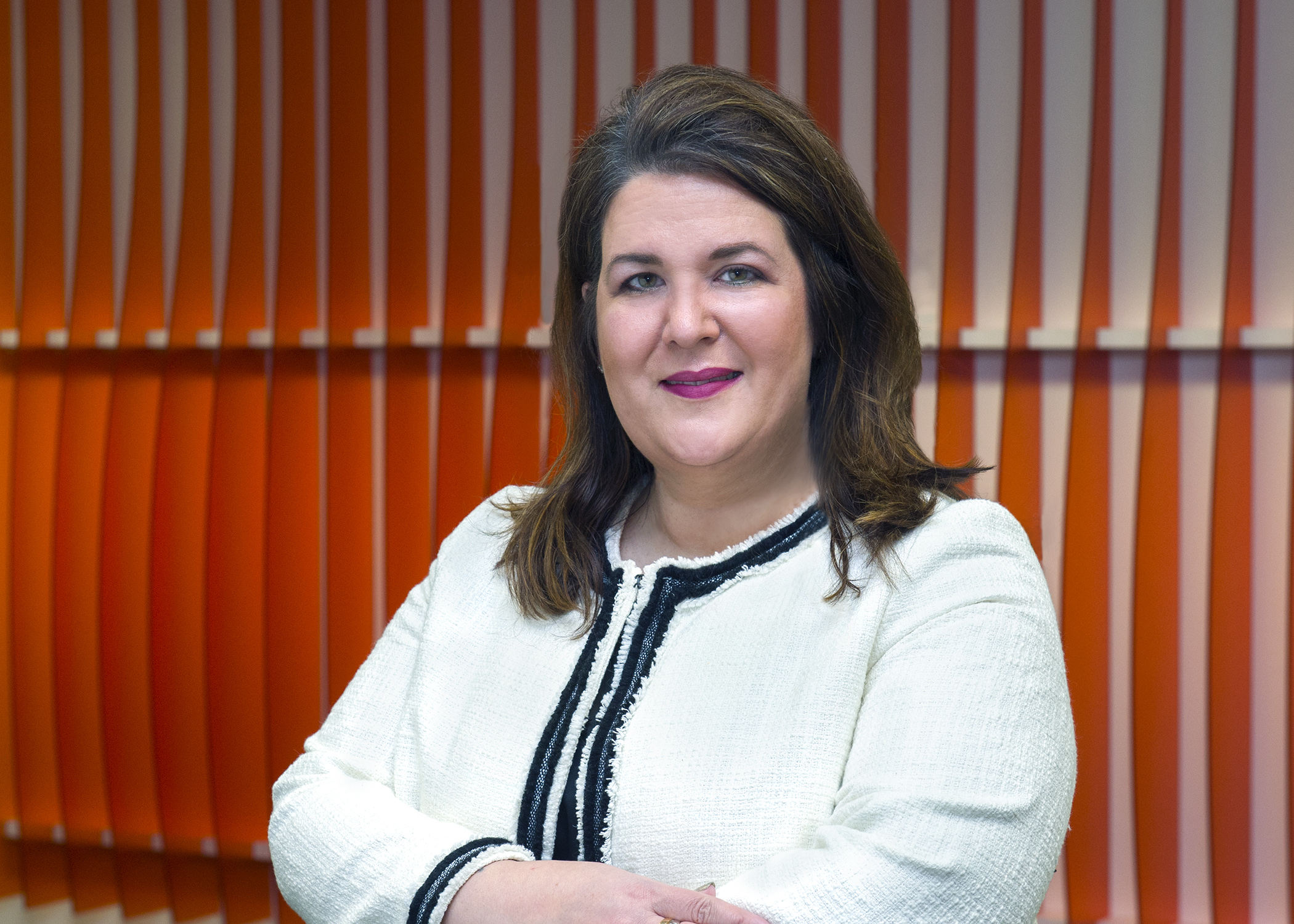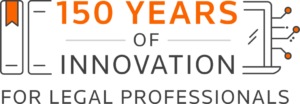Thomson Reuters Celebrates 150 Years: CJ Lechtenberg on Empathizing With Customers

Thomson Reuters is commemorating 150 years of customer partnership and innovation to honor the 1872 founding of John B. West Publisher and Book Seller. West’s innovative spirit lives on in Westlaw – a product that still carries his name – and in the AI-driven products and legal research technology tools used by legal professionals worldwide.
Our Legal Current series features voices across Thomson Reuters sharing how West’s legacy of customer partnership and innovation endures today. We hear today from CJ Lechtenberg, senior director of Product Management, Westlaw, who has worked at Thomson Reuters for 22 years.
“Much opportunity to be had”
Lechtenberg recalled her initial experience with legal research as a law student.
“When I went to law school, there was no Westlaw.com,” she said. “I began researching in books and then was able to use Westlaw after installing the application on my desktop with a CD-ROM.”
At the time, she said it was unimaginable that she would be working at Thomson Reuters in 10 years, helping to develop WestSearch.
“It absolutely revolutionized legal research,” Lechtenberg said. “And eight years after that, I never would’ve thought I’d be leading the team that developed Quick Check, which analyzes legal documents and – without any additional input by the customer – provides highly relevant recommendations. Even with all that innovation, legal research is still incredibly challenging and there is much opportunity to be had.”
“We have been where they are”
She said “humanity, empathy and creativity” best characterize her time with Thomson Reuters.
“The human element is absolutely at the center of everything we do,” she said. “When we think about what we want to do next, the first core questions are, What do our customers need? What are they struggling with? How can we help them?”
Lechtenberg said empathy comes from all the attorneys at Thomson Reuters who are working for and with attorneys and legal professionals.
“We have been where they are,” she explained. “We’ve spent hours looking for that perfect case. Or have filed a brief and been completely anxiety-ridden hoping that we didn’t miss something. We can empathize with all the frustration and jubilation our customers experience every day. It provides a level of trust and connection with our customers.”
She added, “We are constantly being creative problem solvers to propel our customers further – whether it’s using new technologies to provide more precise, relevant results faster or helping with a research question when they call the Reference Attorneys.”
“None of this is lost on us”
Lechtenberg noted that this customer commitment dates back more than a century.
“When you think about how the legal research process has changed in the last 150 years, it’s mind-boggling how we’ve gone from printed caselaw and John B. West’s categorizations of those cases, to throngs of attorney editors categorizing caselaw, to research scientists using those editorial enhancements as the basis for our innovative artificial intelligence,” she said.
Of course, how attorneys conduct legal research has changed drastically.
“But what hasn’t changed is that attorneys are under immense pressure to find materials that will help them best represent their clients,” Lechtenberg said. “And they continue to only have so many hours in a day to conduct that research. Being a lawyer is a challenging and complex job, often with significant, life-changing results on the line. None of this is lost on us.”
She added, “We have never lost sight of how important our customers are in every aspect of our development.” This sometimes means anticipating customers’ needs before they’re articulated.
“Did we all know that we needed cellphones in 1980?” Lechtenberg asked. “No, of course not. But now, we’d all be completely lost without them. By keeping close relationships with our customers, we learn what’s difficult and frustrating for them. And we can take those learnings and turn them into new innovations that solve their frustrations – with products that do the things they can’t do, and free them up to do the things that only they can.”
 Setting the stage
Setting the stage
Like colleague Jon Meyer, Lechtenberg said a standout during her Thomson Reuters tenure was the 2010 launch of WestlawNext.
“It’s so memorable because the way we built WestlawNext really set the stage for how we do development now,” she explained. “It was the first major effort and move into agile development. We co-located our Product Management, Application Development, Testing, and UX teams and spent over four years working on it. It was intense and stressful at times, but so rewarding. And it has served as the award-winning base for every significant development since its launch in 2010. That’s what is so remarkable about Thomson Reuters: our innovations can almost always be leveraged for something even bigger and better in the future.”
Lechtenberg said this was true with the recent Westlaw Precision rollout.
“Built upon the excellence of Westlaw Edge, we took legal research to the next level by giving researchers the ability to search for the precise concepts they need in the context they need,” she said. “This new platform will help researchers be over two times faster than they currently are and will help them find materials they may not otherwise find.”
She recognizes the impact customers have made on product-development efforts throughout the decades.
“Without our customers, we can make guesses as to what may be helpful or successful, but our customers provide the definitive data that tells us reality,” she said. “By remaining customer-obsessed, we stay relatable for our customers and keep the market moving forward.”
Read more perspectives on the Thomson Reuters legacy and watch Legal Current for additional stories in the coming weeks.